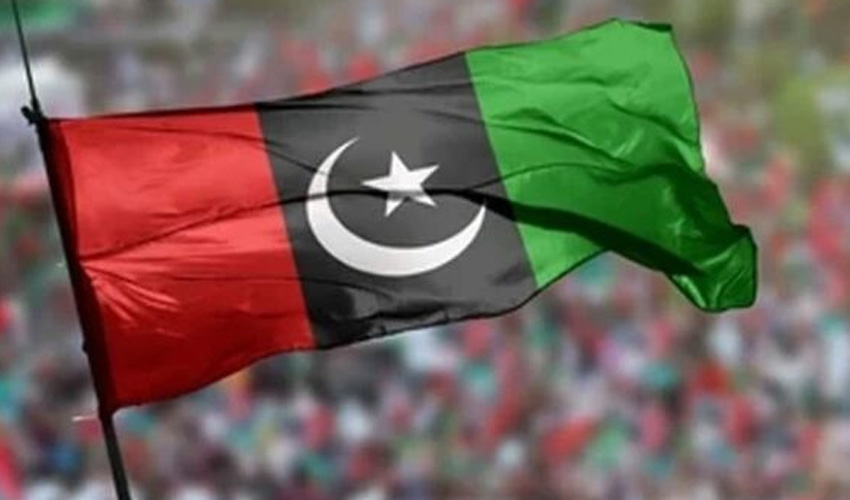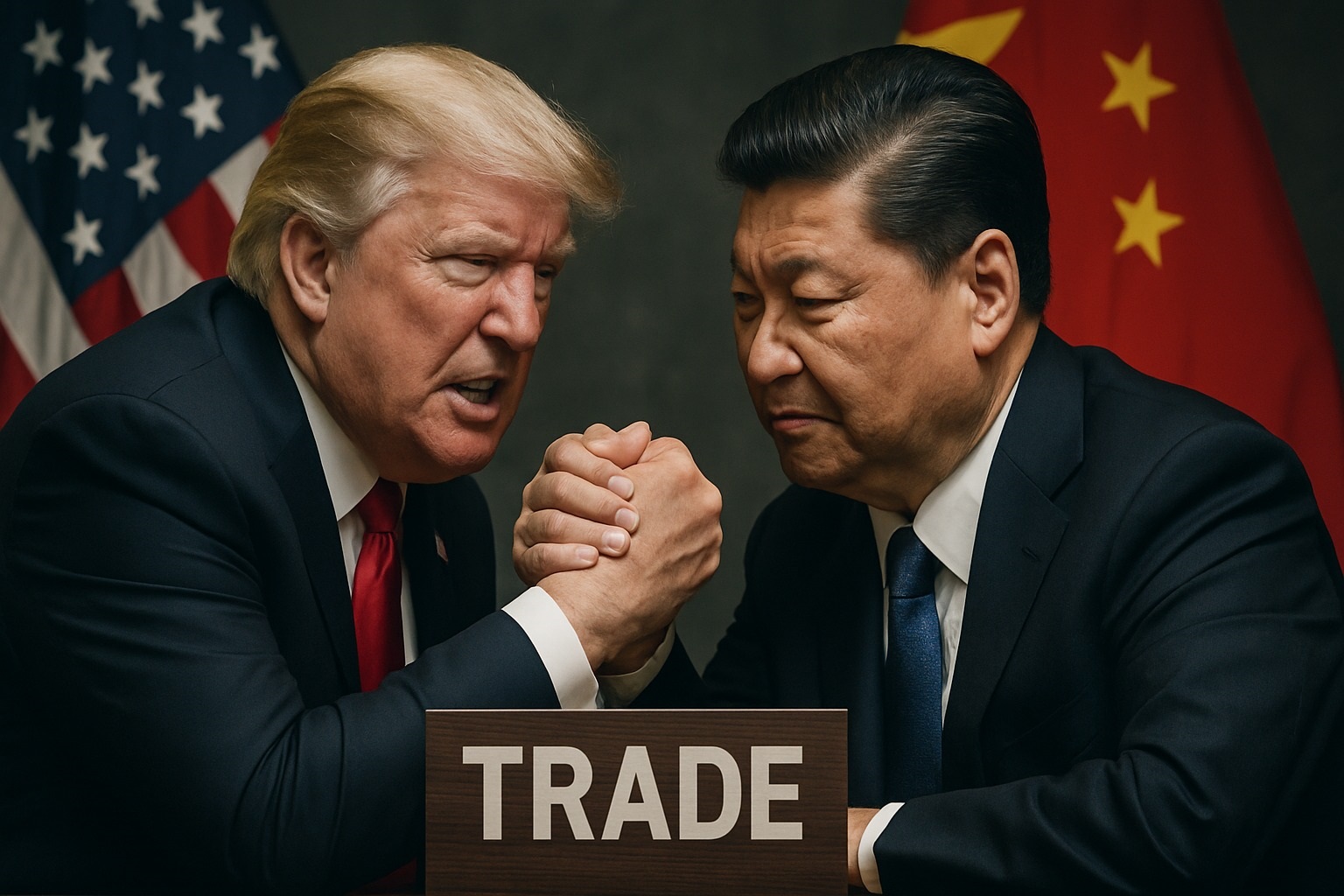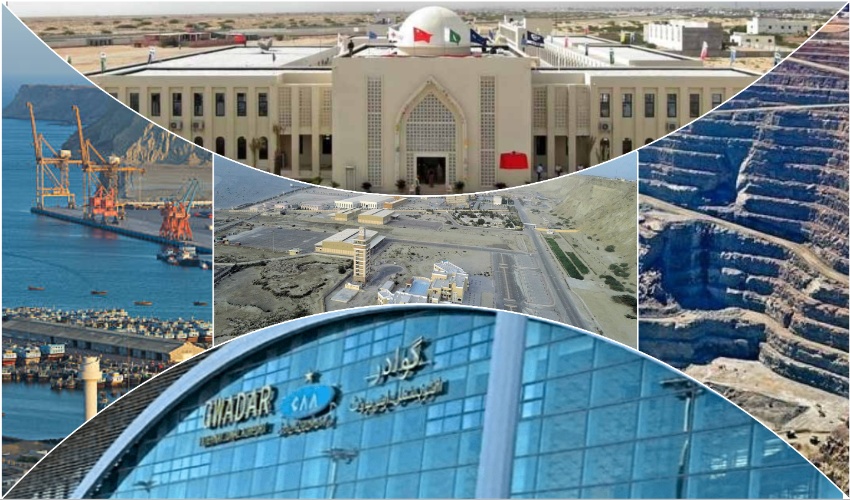Pakistan has seen a disturbing increase in violent protests disguised as boycotts against global brands purportedly associated with Israel in recent weeks. What started as online boycott calls against some global food chains has escalated into mob-driven destruction, vandalism, and sheer brutality. In a shocking incident in Sheikhupura, an employee of a popular fast-food chain was killed when a protest turned into a deadly assault. The incident has sent shockwaves across the country, raising serious questions about how far such boycott movements are being allowed to spiral out of control.
Franchises of global brands have been under attack in urban centers such as Lahore, Karachi, Islamabad, and Faisalabad. Protesters, who were mostly armed and masked, have targeted stores, smashed windows, set buildings on fire, and bullied employees and consumers — women and children among them. The tide of vigilantism is being executed in the guise of religion and patriotism, but the implications manifest a frightening lapse into anarchy.
As protesters shout slogans against Western corporations, they record themselves on smartphones, mobilize through Western-owned social media tools, and wear fashion or use products produced by the very countries they purport to reject
The hypocrisy of such violent protests is clear. As protesters shout slogans against Western corporations, they record themselves on smartphones, mobilize through Western-owned social media tools, and wear fashion or use products produced by the very countries they purport to reject. The shallowness of the movement in its absence of strategic depth is thus revealed — a knee-jerk reaction driven more by emotive manipulation than rational political or economic goals.
Even more shocking is the irresponsible actions of wide parts of the mob. These are not nonviolent protestors practicing democratic freedoms; these are mobs breaking the law. Videos have come out of people looting, threatening employees, and forcibly shutting down businesses, despite their claimed affiliations. Workers, some of whom are innocent Pakistanis who have no connection with foreign ownership, have suffered the worst under this mayhem — harassed, beaten, and, in the case of Sheikhupura incident, even killed.
Local economists have cautioned that such moves would have disastrous implications for Pakistan's weak economy. The majority of the targeted stores are run on local franchises, pay local taxes, and employ thousands of Pakistanis. Burning them in the guise of a boycott serves no purpose other than economic self-destruction. "We are burning our own house to protest against someone else's," remarked one economist. "This isn't resistance — it's recklessness.”
Rights activists have criticized the use of religion to legitimize such violence as a betrayal of Islamic values and national honor. "Islam does not sanction mob justice or destruction," wrote one noted scholar. "If we oppose injustice elsewhere, we must be just at home."
Real resistance has nothing to do with anger or destruction; it has to do with responsibility. It is education, civic restraint, and peaceful protest — not bashing workers or breaking windows. If Pakistan is to produce genuine, sustained change, it needs to make unity, intelligence, and lawfulness more important than anarchy and brutality.
Until then, the true victims won't merely be a few fast-food joints — they will be Pakistan's stability, credibility, and future.

























